Home Loans
Getting a mortgage is easier than ever: Now, you can apply for a mortgage online. That means no awkward meetings at the bank - you won't even need to change out of your pjs.
It's also easier to compare mortgage lenders with today's technology. Thanks to online lending, you can compare multiple mortgage lenders and pick whoever is best for you.
Best Home Loans offers

LightStream provides an attractive option for personal loans, especially if you have a strong credit history. With competitive interest rates and a lack of fees, it's a borrower-friendly choice.
Pros and cons

Discover stands out for several reasons. First, it offers unsecured personal loans, which means borrowers don't have to provide collateral like a car or savings account.
Pros and cons
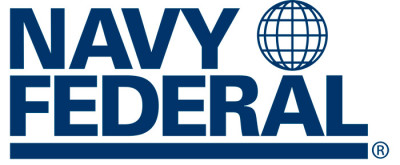
Navy Federal extends another proprietary loan option called Homebuyers Choice, tailored for nonmilitary borrowers who are eligible for credit union membership (including civilian employees of the Department of Defense).
Pros and cons

Wells Fargo provides various small-business loans, including secured and unsecured business lines of credit, commercial real estate purchase and refinancing loans, commercial real estate equity loans, lines of credit, and health care practice financing.
Pros and cons

HSBC offers Personal, Premier, Car, Home Improvement, and Debt Consolidation loans with competitive rates and exclusive Premier benefits.
Pros and cons

M&S Bank presents a diverse range of loans that offer flexibility in both borrowing amounts and repayment periods, featuring representative APRs.
Pros and cons
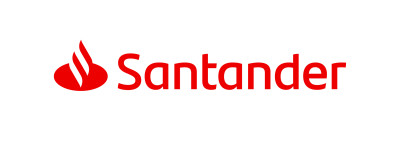
Santander offers various loans for personal needs, cars, home improvements, consolidating debts, and special occasions.
Pros and cons
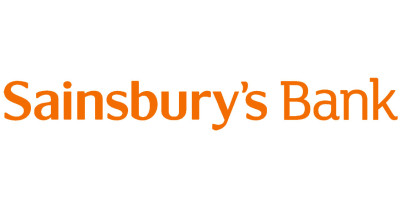
Sainsbury's Bank, a subsidiary of the esteemed UK supermarket, offers a diverse range of financial services, including loans, credit cards, insurance, and savings accounts, with a focus on customer convenience and competitive solutions.
Pros and cons
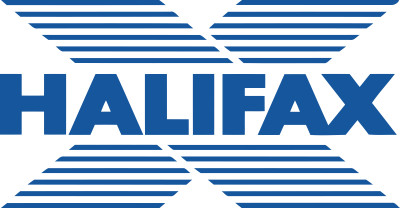
Halifax's personal loans are tailored for various purposes, such as major purchases or consolidating debts, without the requirement of collateral.
Pros and cons
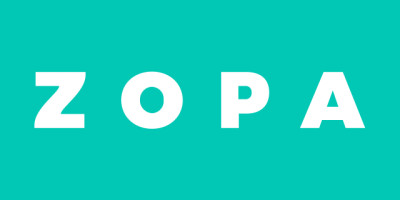
Zopa Bank, renowned for its tech-savvy approach combined with financial acumen, is committed to offering simple, transparent, and customer-focused financial products.
Pros and cons
How to compare mortgage lenders?
Your first step to finding the best mortgage lender is to comparison shop. Borrowers who do more upfront research tend to save more money than those who go with the first lender they find. It’s best to get quotes from three lenders, at minimum. Because rates fluctuate frequently, it’s best to get these quotes on the same day, so you have an accurate basis of comparison.
As you compare loan estimates, look at the APR (annual percentage rate) and interest rate quoted by each lender. Consider what’s important to you as far as experience, too. For some, how fast a lender can turn around a preapproval letter or close a loan is critical. If you have specific needs or financing preferences — for example, you want an FHA loan — you might also want to focus on the top mortgage lenders who specialize in those products.
FAQ
What are the different types of home mortgages?
- Fixed-Rate Mortgage (FRM): In a fixed-rate mortgage, the interest rate remains constant throughout the life of the loan. This means your monthly principal and interest payments stay the same, providing stability and predictability. Fixed-rate mortgages are available in various term lengths, such as 15, 20, or 30 years.
- Adjustable-Rate Mortgage (ARM): With an adjustable-rate mortgage, the interest rate is initially fixed for a specific period, typically 5, 7, or 10 years. After the initial fixed period, the interest rate adjusts periodically based on an index. ARMs often have lower initial interest rates but can fluctuate, potentially resulting in higher payments.
- FHA Loan: Insured by the Federal Housing Administration (FHA), FHA loans are government-backed mortgages designed for low-to-moderate-income borrowers. They typically require lower down payments and have more flexible credit requirements.
- VA Loan: Guaranteed by the Department of Veterans Affairs (VA), VA loans are available to eligible veterans, active-duty service members, and certain members of the National Guard and Reserves. VA loans often offer favorable terms, including no down payment requirements.
- USDA Loan: The U.S. Department of Agriculture (USDA) offers loans to eligible rural and suburban homebuyers with low-to-moderate incomes. USDA loans often feature low or no down payment requirements.
- Conventional Loan: Conventional mortgages are not backed by the government and are available through private lenders. They typically require higher credit scores and down payments but offer a range of terms and options.
- Jumbo Loan: Jumbo loans are used to finance higher-priced homes that exceed the conforming loan limits set by government-sponsored entities like Fannie Mae and Freddie Mac. These loans often have stricter credit requirements and may require larger down payments.
- Interest-Only Mortgage: With an interest-only mortgage, borrowers pay only the interest on the loan for a specified period (usually 5 to 10 years). Afterward, they begin making principal and interest payments. These loans may offer lower initial payments but carry greater risk.
- Reverse Mortgage: Designed for homeowners aged 62 and older, reverse mortgages allow seniors to convert home equity into cash. Borrowers do not make monthly mortgage payments but instead receive payments from the lender. The loan is repaid when the borrower moves out of the home or passes away.
How much money do you need for a down payment?
The minimum down payment requirement varies based on loan type. If you qualify, you can obtain a 3 percent-down conventional loan, a 3.5 percent-down FHA loan or a no-down payment VA or USDA loan. If you want to avoid paying mortgage insurance, however, you’ll need to make a down payment of 20 percent.
What is the most popular type of home loan?
Conventional mortgages are the most common type of mortgage. That said, conventional loans may have different requirements for a borrower's minimum credit score and debt-to-income (DTI) ratio than other loan options.
What type of loan is best for a first-time home buyer?
When you're a first-time home buyer, the best mortgage for you is the one for which you're most qualified. Several factors, including your credit score, play a crucial role in determining the suitable loan option. If your credit score is at least 580, you might discover that an FHA-backed loan is a viable option. Alternatively, if your credit score is around 620 or higher, a conventional loan could be more favorable, often requiring a lower down payment of just 3%. It's essential to explore various mortgage options to find the one that aligns with your financial situation and offers the most favorable terms.
What is the easiest home loan for a first-time home buyer to get?
For first-time homebuyers, the FHA-backed loan program is often the easiest to qualify for. This is because FHA loan requirements accommodate lower credit scores and less stringent debt-to-income guidelines compared to conventional loans. However, if you have a strong credit history, conventional loans might offer even lower minimum down payments than FHA loans, providing flexibility for well-qualified first-time buyers. It's advisable to explore the specific requirements and benefits of both FHA and conventional loans to determine the best fit for your individual financial circumstances.